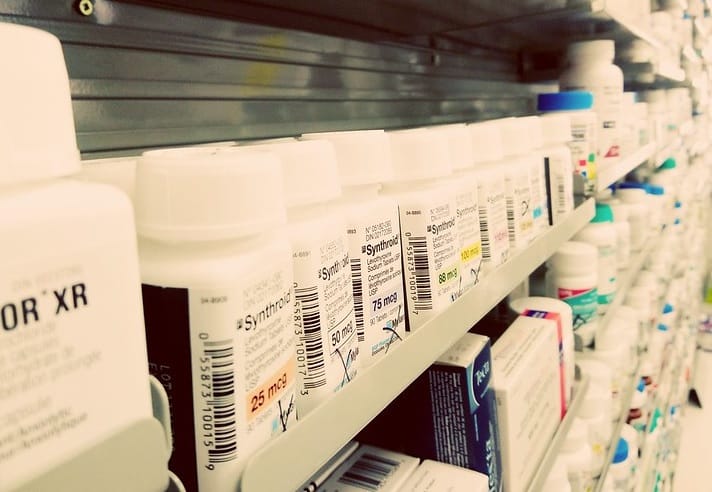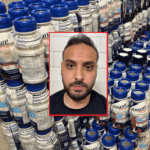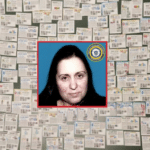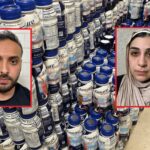You can argue whether coupons for prescription drugs are good or bad for consumers, as many have done. But one thing’s for sure – those coupons can be awfully lucrative in the wrong hands.
39-year-old Arkadiy Khaimov of Queens, New York has been sentenced to more than four years in prison, and ordered to pay more than $7.6 million in penalties and restitution. He pleaded guilty nearly two years ago to conspiracy to commit mail and wire fraud, for falsely submitting reimbursement claims to a pharmaceutical manufacturer, alleging that coupons had been used to purchase medications that had never actually been sold.
“Because of the defendant’s scheme, funds intended for the needy were instead diverted to the defendant and his co-conspirators, who lined their pockets with stolen cash,” prosecutors wrote in a recent letter to the court.
From late 2017 through mid-2018, Khaimov and his unnamed co-conspirators requested reimbursements from the unnamed drug manufacturer, via pharmacies that they operated in Queens and Manhattan. Just like they do with grocery coupons, pharmacy patients present printed coupons or coupon cards to purchase their prescriptions at a discount, then the pharmacy submits reimbursement requests to the manufacturer.
In this case, however, coupons were never used and the medications in the amounts claimed were never sold. What made this scheme particularly egregious, prosecutors said, was that the unnamed medication in question was marketed as a “priceless breakthrough” that offered a “potential cure” to more than two million people suffering the effects of a disease with “serious and life-threatening consequences.”
“In a greedy gambit to enrich himself, the defendant elected to cynically steal more than $7 million from a company that sought to make a lifesaving medication widely available to the neediest among us,” prosecutors said.
Once the scheme was discovered, Khaimov was arrested – just in the nick of time, it seemed. He was detained at the airport, where he was about to board a flight to Switzerland.
Khaimov was sentenced last week to 51 months in prison, was ordered to forfeit approximately $489,000, and pay some $7.2 million in restitution to the drug maker.
“Khaimov selfishly stole from a program that was intended to reduce the cost of a medication to uninsured individuals and those in need of financial assistance, who were suffering from a serious and potentially life-threatening disease,” Breon Peace, United States Attorney for the Eastern District of New York, said in a statement. “Today’s sentence sends a message that incarceration and significant financial penalties are the criminal justice system’s remedies for those who would abuse such beneficial programs to benefit themselves.”
Much like grocery coupon fraud is relatively rare, but far from unprecedented, pharmacy coupon fraud happens sometimes, too. Just a few months ago, two Florida men pleaded guilty to an even more elaborate scheme. They went so far as to set up fake pharmacies to defraud drug manufacturers out of more than $9 million, which they used to pay “insurance, bills for dental and cosmetic procedures, gymnasium, retail expenses, travel and entertainment expenses” – plus five vehicles, including two Cadillacs and a BMW.
Ultimately, Peace’s office warned, it’s not just the drug makers that suffer from this kind of fraud, but their customers. “When pharmaceutical companies suffer financial losses because of scams perpetrated by individuals concerned solely with lining their pockets,” prosecutors said, “there is potential for medication prices to rise and become even more out of reach of the poor and sick.”
Khaimov will now have four years and a few months to think about this, and about how he’ll repay those millions of dollars once he gets out. That vacation to Switzerland, it seems, is going to have to wait.
Image source: AL.Eyad
















